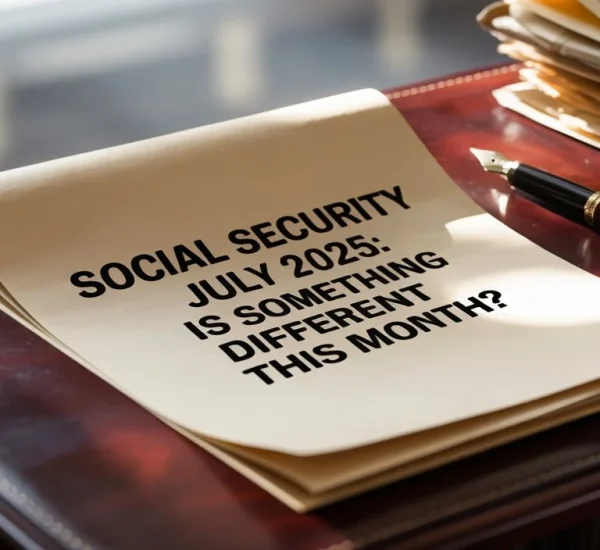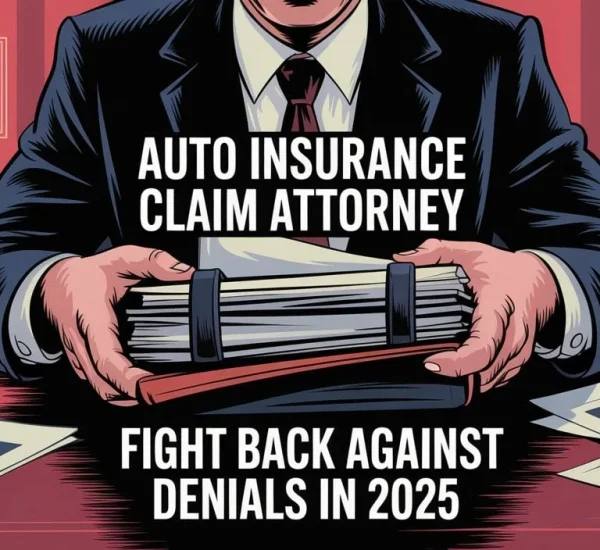If you have ever received a call from an insurance adjuster after an accident, you are not alone. It can feel routine—just another part of the process. But here’s the twist: saying “yes” without thinking it through could put your claim at risk.
So, can I refuse a recorded statement to insurance company reps? Absolutely—but let’s unpack the fine print, your rights, and the smartest moves to protect yourself.
What Is a Recorded Statement—And Why Do Insurers Want One?
A recorded statement is your account of what happened, documented by the insurance company. It’s usually done over the phone.
The questions can be basic, like time and location. They can be very specific. This includes details like exact injuries, weather conditions, and what you were doing right before the impact.
Adjusters position these calls as a way to move things along. But behind that friendly voice is a trained expert. They are looking for mistakes or ways to lower what the company pays you. Insurance companies use these statements to minimize claims—not just gather facts.
Can I Refuse a Recorded Statement to Insurance Company Agents? Yes, But It Depends
Whether you can refuse depends on who’s asking:
- Third-party insurers (the other driver’s insurance company)? Yes, you can refuse, no consequences.
- Your own insurance company? It’s more complicated. Your policy might include a “cooperation clause.”
What’s a Cooperation Clause?
This clause means you agreed—when buying your policy—to help your insurance company investigate claims. That cooperation might include providing a recorded statement. But—and this is big—it doesn’t always mean they can force one.
In many cases, a written statement or help from a lawyer can meet your duty. This way, you won’t feel pressured.
Refusing Third-Party Statements: You’re Fully in the Clear
Let’s make this crystal clear: if the other driver’s insurance company asks for a recorded statement, you can flat-out say no.
There’s no law that says you must talk to them. You can refuse politely, or have your attorney do it for you. And saying no won’t hurt your ability to file a claim or negotiate a settlement.
Why Do Insurance Companies Want Statements So Quickly?
Timing is everything. Insurers usually call when you’re:
- Still shaken
- Haven’t seen a doctor yet
- Unsure how bad the damage is
This isn’t a coincidence. The goal is to lock in your words early—before symptoms get worse or bills pile up. A statement made too soon can be used to downplay injuries or blame you later.
Giving a Recorded Statement: The Hidden Risks
Even if you’re being honest, statements can be used against you. Here’s how:
- You say you’re “feeling okay”—but develop back pain later.
- You get a timeline slightly wrong.
- You guess instead of saying “I’m not sure.”
Boom: now your credibility is questioned. Adjusters are trained to ask subtle questions that can corner you.
How a Recorded Statement Impacts Your Claim
Absolutely. What you say becomes a permanent part of your file. If your words conflict with medical records or witness accounts—even slightly—the insurance company may:
- Lower your payout
- Delay your claim
- Deny it entirely
That’s why most attorneys advise never giving a statement without legal guidance.
Refusing Your Own Insurer: Know the Consequences
This is where things get tricky.
Refusing your own insurer could lead to:
- Claim delays
- Denied coverage
- Potential breach of contract
But the key issue is whether the statement is reasonably required. Courts often side with policyholders if they offer to cooperate in other ways (e.g., written responses or emails).
Is a Recorded Statement Legally Required?
Only if your policy clearly states it.
Even then, the insurer must:
- Explain why it’s necessary
- Show how it helps the investigation
- Prove harm if you refuse
This is called the “reasonableness standard.”
Legal Hack: Let a Lawyer Speak for You
Lawyers know the game. They can:
- Handle the insurer for you
- Prepare written statements
- Join you on calls to block tricky questions
With a lawyer’s help, you’re still cooperating—but on your terms.
What If I Say No? Will They Deny My Claim?
Yes, but only in rare cases where you ignore your own insurer’s reasonable requests. Even then, they have to prove:
- You intentionally refused to help
- That refusal hurt their investigation
Being cautious or wanting a lawyer present is not a breach.
Don’t Be Intimidated by Threats
Some adjusters use pressure tactics: “If you don’t give a statement, we’ll close the file.”
Don’t fall for it.
That’s a bluff. Unless your policy requires a statement, they can’t legally shut things down.
How to Politely Say No to a Recorded Statement
Here’s how to shut it down without sounding defensive:
“I’m not comfortable providing a recorded statement at this time. I’d like to consult with my attorney first.”
If it’s your own insurance company:
“I’m happy to cooperate and provide written information. Please let me know what you need in writing, and I’ll respond.”
Alternatives That Work Just as Well
Instead of recording your voice, offer:
- A written timeline of events
- Photographs of injuries/damage
- Medical documentation
- Attorney-reviewed answers to their questions
These satisfy your duty and avoid traps.
Final Thoughts: Can I Refuse a Recorded Statement to Insurance Company Reps in 2025?
Yes—in most situations, you absolutely can. And if you’re dealing with your own insurance provider, you still have rights and alternatives.
Before giving a statement, ask yourself: is this helping me, or just helping them build a case against me?
When in doubt, speak to a legal expert. It’s not about hiding the truth—it’s about telling it smartly.
FAQs About Refusing a Recorded Statement
Can the other driver’s insurer make me give a statement?
No. You’re not their customer. You can legally refuse.
What if my insurance company says it’s required?
Ask to see it in writing. Then ask your lawyer to review it. You might still be able to respond in writing instead.
Will saying no hurt my case?
Not if done right. With legal guidance, you can cooperate and protect yourself at the same time.
Can I record the adjuster too?
That depends on your state’s recording laws. Some states require both parties to consent.




